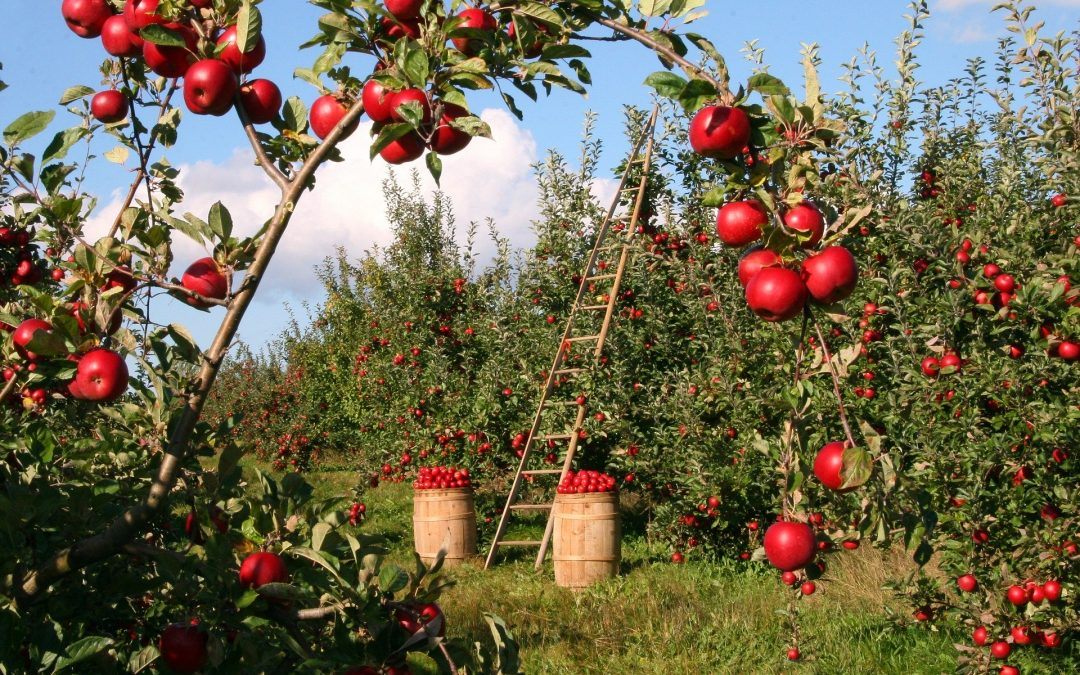Between poor farming practices and droughts, farmers are frequently faced with water shortages. Therefore, they have begun implementing measures to conserve water. Even if you’re in an area with water shortages, hobby farm loans can help you set up new hydroponic operations that will have minimal impact on the environment.
Water Shortages Are Forcing Farmers to Conserve Water
While population growth has exploded, the natural reserves of water have remained the same. More people means more food is needed. Thus, agriculture has also increased, consuming an increasing amount of groundwater, resulting in water scarcity. In turn, farmers have to find ways to conserve water to continue meeting demand including:
- Water storage
- Dry farming
- Hydroponics
- Drip irrigation
- Cover crops
Water Storage
Rather than depend on wells or municipal water, many farmers have started building their own ponds to store water for their irrigation needs. This helps minimize the farmer’s impact on local resources and even creates new habitat for surrounding wildlife.
Dry Farming
Farmers that operate in areas where there is a chronic water shortage may want to pursue dry farming. Not only does this use less water, but it can also produce a crop that has enhanced flavors. However, dry farming does have a lower yield than traditional farming.
Hydroponics
New farming techniques, such as hydroponics, are also being used to conserve water. Many smaller farmers are starting hydroponic operations with the help of hobby farm loans. This uses significantly less water than traditional crops due to water being recirculated and reused.
Drip Irrigation
Traditional methods of irrigation often lose water to evaporation. This is avoided with drip irrigation that delivers water directly to the roots. The benefits of the system can be maximized by using a timer for cooler times of the day. An additional benefit of this method is increased crop yields.
Cover Crops
Instead of leaving soil bare, consider planting cover crops. This can help prevent erosion and compaction while also improving the soil’s water holding capacity. Regularly using this practice can help agricultural land be more productive, even in times of drought.
Learn More About Hobby Farm Loans
Don’t let anxiety about water shortages stop you. Talk to an AgAmerica loan officer today to learn more about hobby farm loans and take the first steps towards your own small-scale operation.

